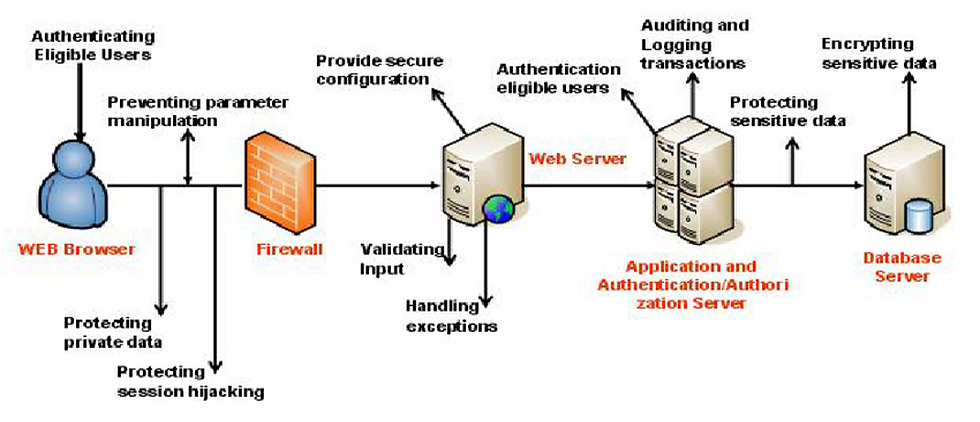What is Advanced Persistent Threats(APT) organization?
- Dr. Afsaneh Javadi

- Jan 17, 2024
- 2 min read
APTs, or Advanced Persistent Threats, refer to highly sophisticated and targeted cyberattacks carried out by organized groups or individuals with significant resources and expertise. These organizations are often state-sponsored, but they can also be associated with criminal enterprises or hacktivist groups. APTs distinguish themselves from typical cyber threats by their advanced techniques, long-term planning, and persistence in infiltrating and maintaining unauthorized access to targeted systems.
Characteristics of APT organizations include:
Advanced Techniques: APTs leverage cutting-edge technologies and sophisticated attack vectors, often employing custom malware and exploits that can bypass traditional security measures.
Persistence: APTs are persistent and patient. They can operate covertly within a target network for extended periods, sometimes remaining undetected for months or even years.
Targeted Attacks: APTs are not indiscriminate. They specifically target individuals, organizations, or even entire nations with a strategic purpose, such as stealing sensitive information, conducting espionage, or disrupting critical infrastructure.
Resourcefulness: APT organizations have significant resources at their disposal, which may include skilled personnel, financial backing, and support from nation-states or other powerful entities.
Customized Tools: APT groups often develop or use custom tools tailored to their specific targets. These tools can be more difficult to detect because they are not widely known or recognized by security software.
Covert Operations: APTs prioritize remaining undetected for as long as possible. They employ various tactics, techniques, and procedures (TTPs) to avoid raising suspicion and to maintain persistent access to compromised systems.
Political or Strategic Motivations: While some APTs operate for financial gain, others are driven by political, ideological, or strategic motives. State-sponsored APTs, for example, may conduct cyber espionage to gather intelligence or disrupt adversaries.
It's important for organizations to implement robust cybersecurity measures, conduct regular threat assessments, and stay informed about the evolving tactics employed by APTs to protect against such advanced and persistent threats.



Comments